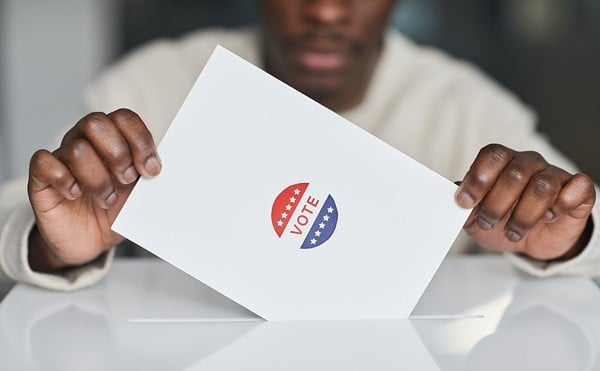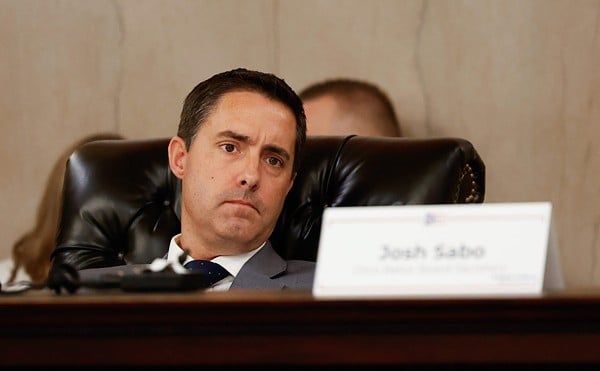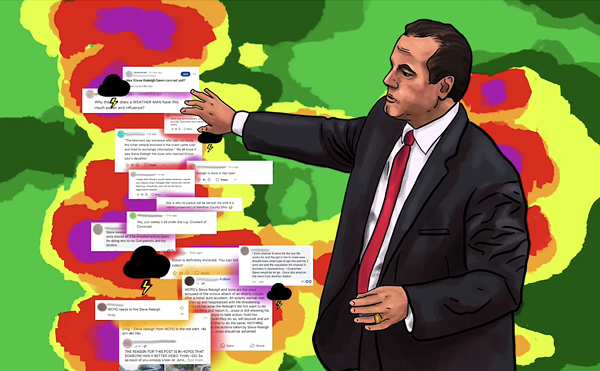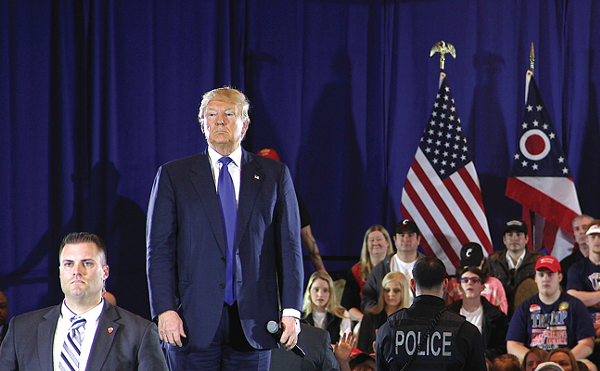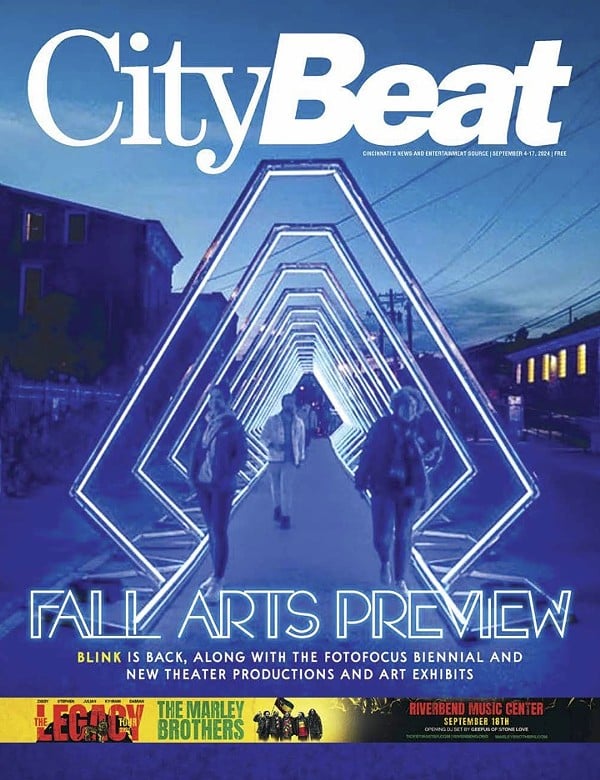|
Cincinnati once again has a "Red Machine" operating in town, and it has nothing to do with baseball; it's a group dedicated to social reform.
More formally known as the Bolivarian Circle, members want to spread the word that a single individual can impact the history of a nation. They look at themselves as instruments of change, a group empowered by a leader for whom they wear red to show their support — Venezuelan President Hugo Chavez.
"In the U.S., our main goal is an informative role: to create consciousness and to expose people to the Bolivarian principles which Chavez also supports," says Rixio Barrios, secretary of public affairs for the Cincinnati Bolivarian Circle. "It's a very appealing cause for everyone because it stands up for human rights — not in the hypocritical ways that a lot of countries do but in the way you set human rights around social means. Chavez declared education and health care as basic human rights that need to be administered to any human, regardless or not whether they can pay for it."
Barrios says he wants to debunk negative media coverage of his homeland and its leader. He dedicates his time to educating the public about the grassroots political revolution sweeping through Venezuela.
Pendejo for president
The ideals embraced by the Red Machine focus on the entitlement of basic human services for every citizen and the enactment of change through a participatory — as opposed to representative — government.
Barrios has spoken on WAIF (88.3 FM), published articles in Latin American periodicals and plans to appear on Nuestro Rincon, a Hispanic news program on WKRC (Channel 12).
He hopes his efforts will enlighten the public before the 16th World Festival of Youths and Students in Caracas, Venezuela, in August. Barrios will be volunteering his time as a translator and guide for the event.
He says the fact that organizers chose Venezuela for the conference helps validate the country's forward-thinking policies. Barrios says he especially looks forward to meeting Chavez.
"The people that support Chavez, they don't just support him because he's the president — they love him," he says. "They care for him, because he found a way to be so close to the people that we feel that he is not only our president but our friend, that he really does care."
Still, not everyone feels that way. Controversy has surrounded Chavez since he took office in 1998 as part of the Movement for the Fifth Republic, a party running on a platform to improve the lives of the poor. One year after becoming president, he called for a referendum and ratified a new constitution that, in addition to adding sweeping human rights initiatives, gave the government control of Venezuela's rich oil industry.
In 2002 a strike by oil workers led to a demonstration in which 10 protesters were killed. In response, the opposing political party launched a coup attempt that lasted less than 48 hours. Last year Chavez won a recall election after the National Endowment for Democracy, funded by the United States, helped finance the opposition.
Chavez has come under fire for his close ties to Cuban leader Fidel Castro and his outspoken criticism of the United States, calling President Bush a "pendejo" — loosely translated as "asshole" — and attacking the country's continued meddling in Venezuelan affairs.
However, efforts to improve relations between the two countries have fallen on deaf ears, according to Steve Pike, spokesman for the U.S. State Department. He says the U.S. government has no quarrels with the people of Venezuela but rather with its current leadership.
"Our concerns basically are with the regime's methods of governing, with their adherence to the OAS (Organization of American States) democratic charter," Pike says. "We don't feel that they're observing those principles. We have a vision for this hemisphere. It's a vision shared by other nations in this hemisphere. Politically, it's a vision that relies on democracy, transparent governance, accountable governance and states that make an effort to root out corruption."
'Another way'
Pike says the administration sees Chavez's economic and trade policies as steps backwards, embracing ideas that failed 20 to 30 years ago.
"We want to have good relations with Venezuela," he says. "We have economic relations with them, but we have some serious disagreements in principle with the way Mr. Chavez chooses to administer his government and the way he chooses to choose his friends in the region. We think he's making a very big mistake. It's not prudent. It's not sound governance."
At the Center for International Private Enterprise, John Zemko, senior program officer for Latin America and the Caribbean, says the organization has tried to forge relations with the Venezuelan government, but officials rarely participate in projects to help improve the business environment.
"Our goal is not to pass judgment on the government but to try to increase the quality of democracy in the country," he says. "In a broader sense, they're not trying to stop these programs, but they are considering laws in the country that would keep any civil society from being able to accept monies from overseas. That obviously could be a problem."
But Martin Sanchez, Venezuelan consul general in Chicago, argues Chavez's policies are working, prompting an economic growth of 17 percent last year.
"There are many stories of success," Sanchez says. "It's not that the poor are all the sudden becoming rich, it's just that people are obtaining rights that they didn't have before and they're using those rights to move forward in life."
In Cincinnati, Barrios hopes youth and student organizations will take an interest.
"We are in no way armed and we are in no way violent," he says. "We're not looking to topple the government and we're not anti-democratic. We want the people of the United States to free themselves and to participate in their own history. The representative government does not work. Gross capitalism does not work. People are starting to wake up and take charge, fueled by the example that Chavez has set; and that's exactly what we want to do. We want everybody to know that there is another way."
For more information on the 16th World Festival of Youths and Students, e-mail [email protected].


